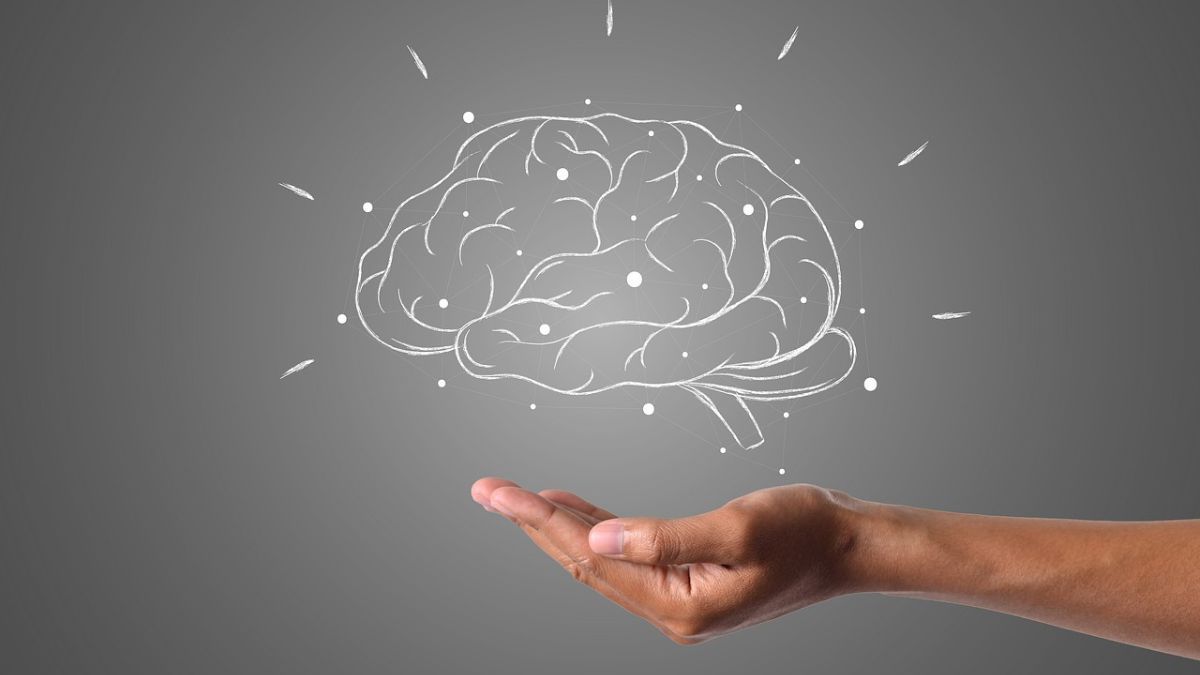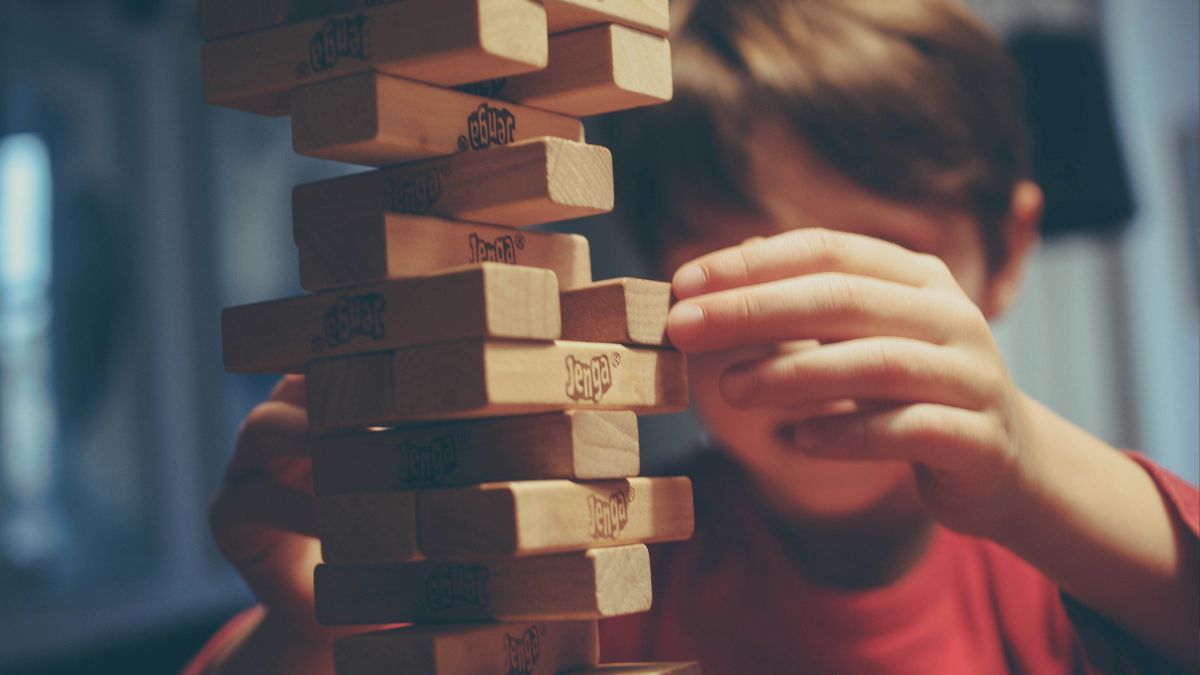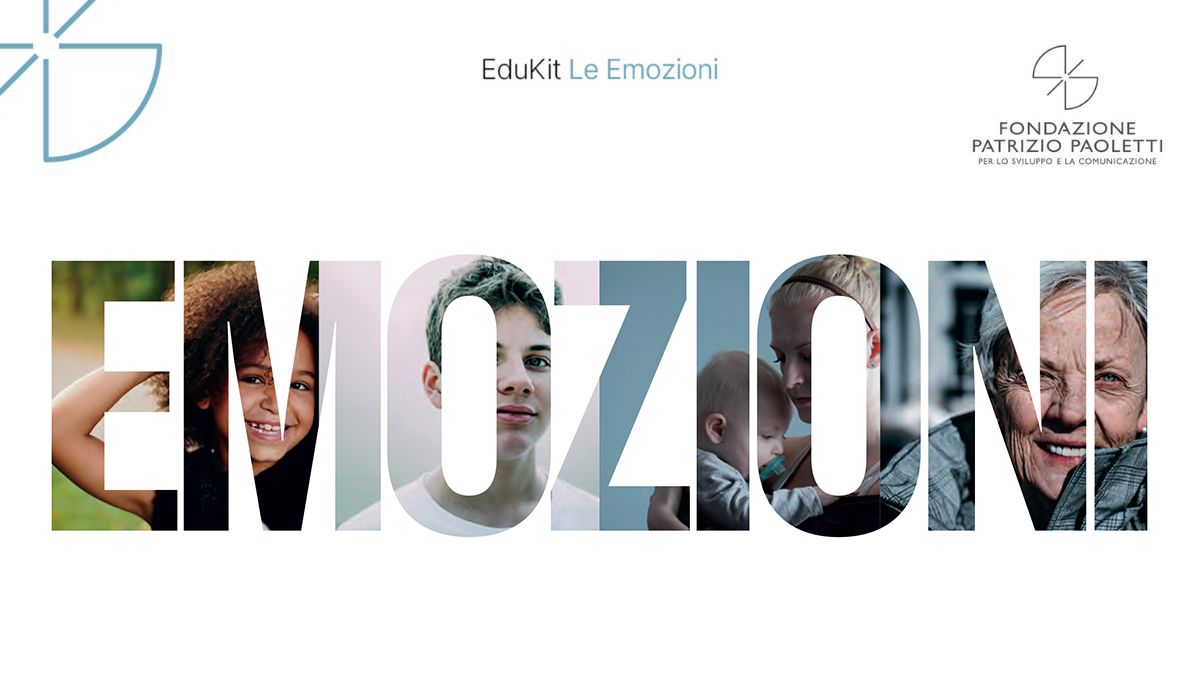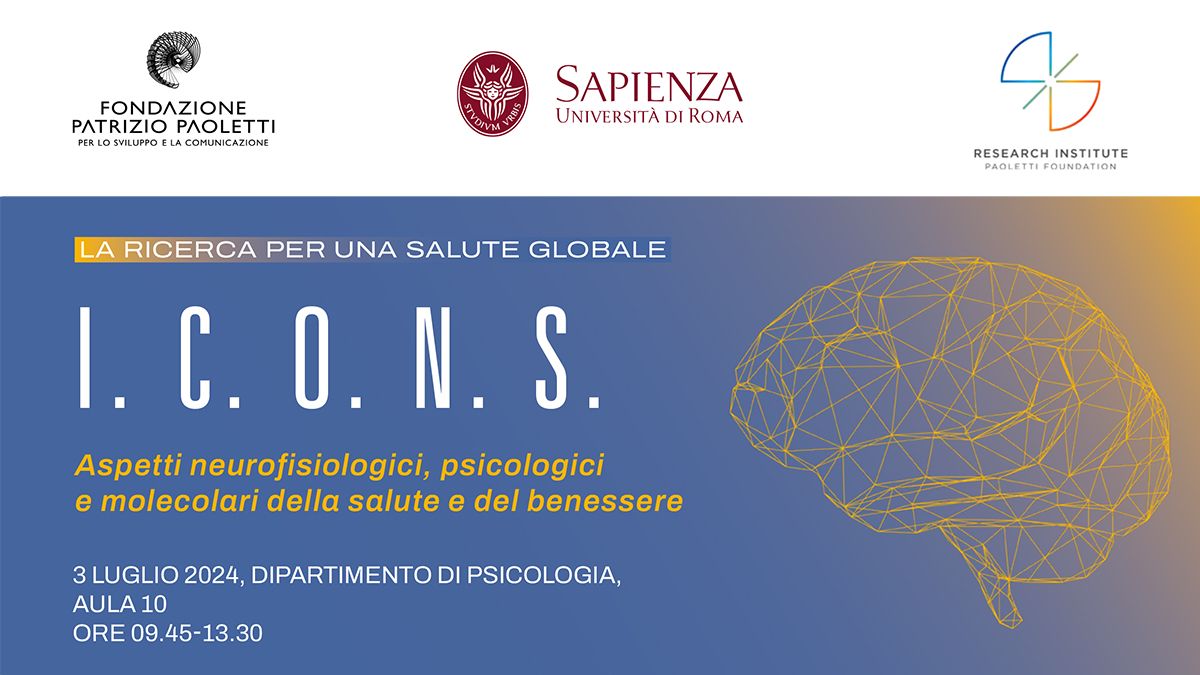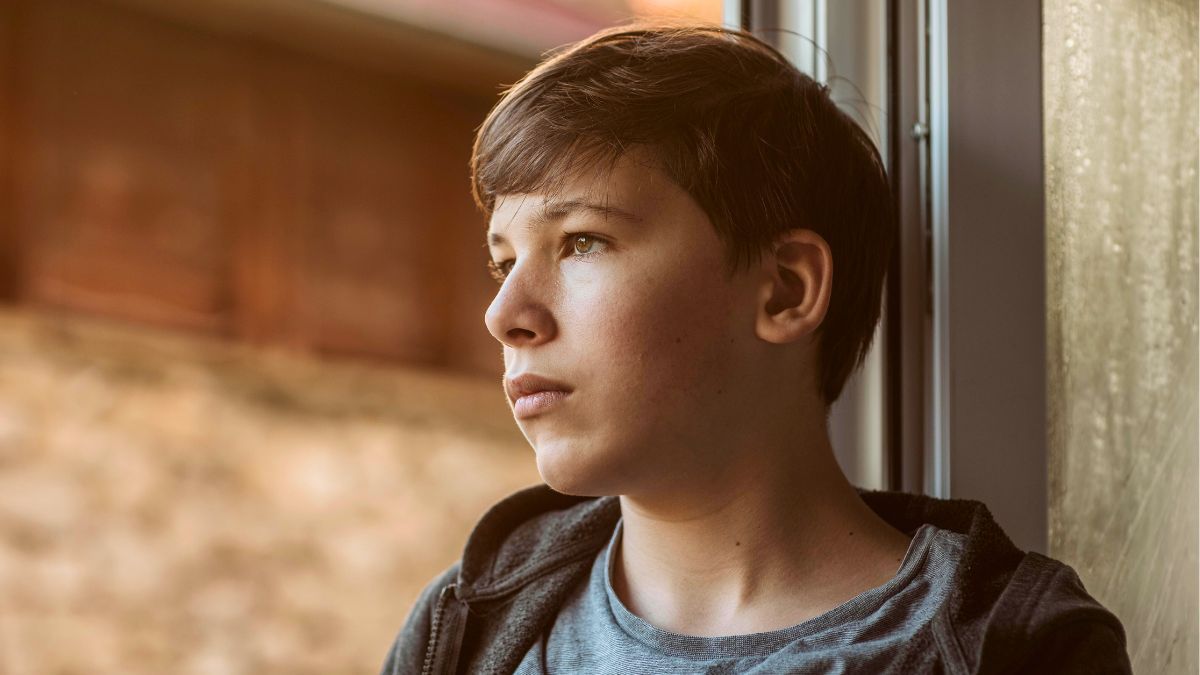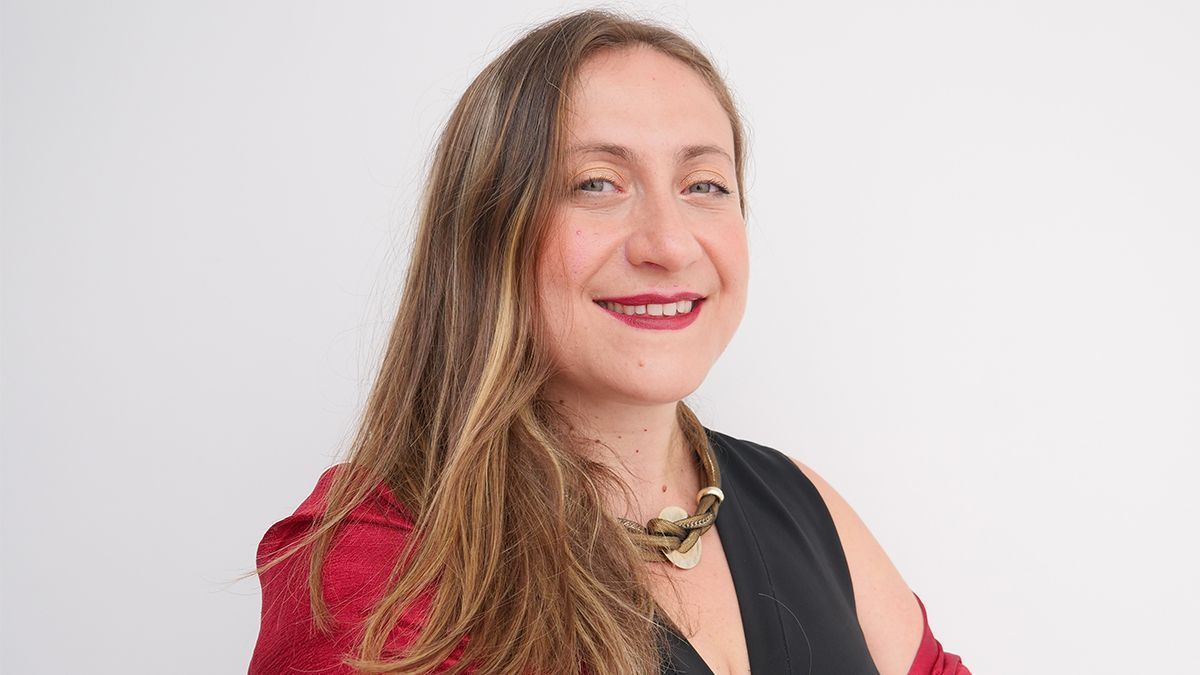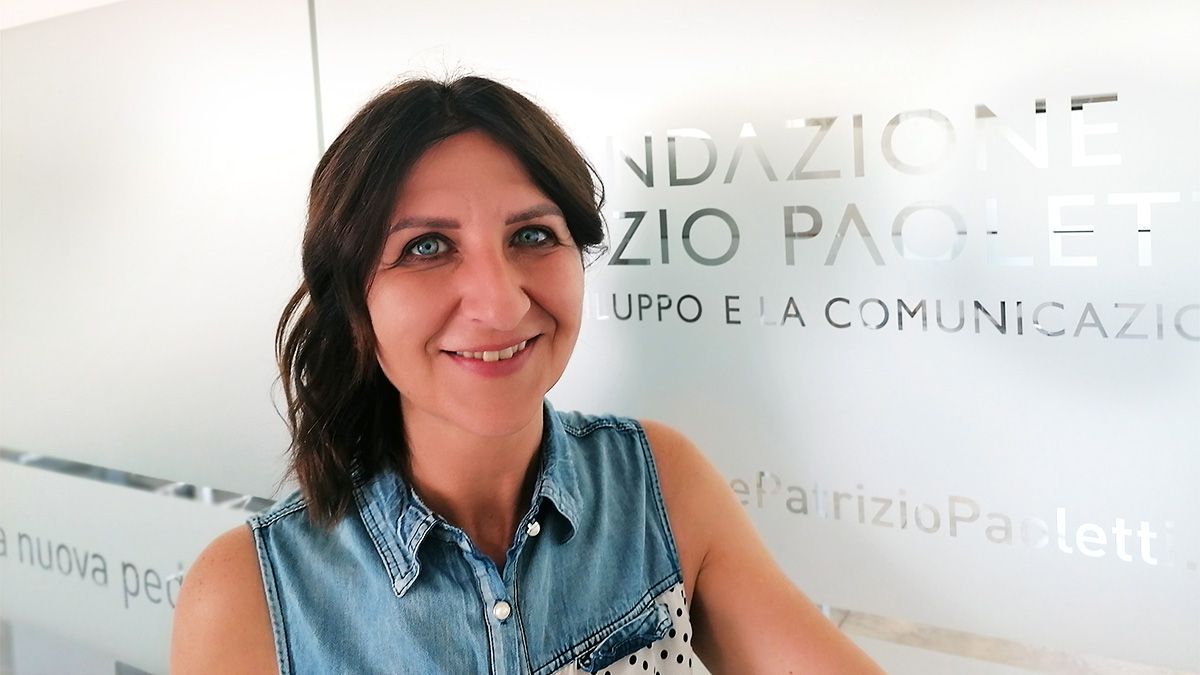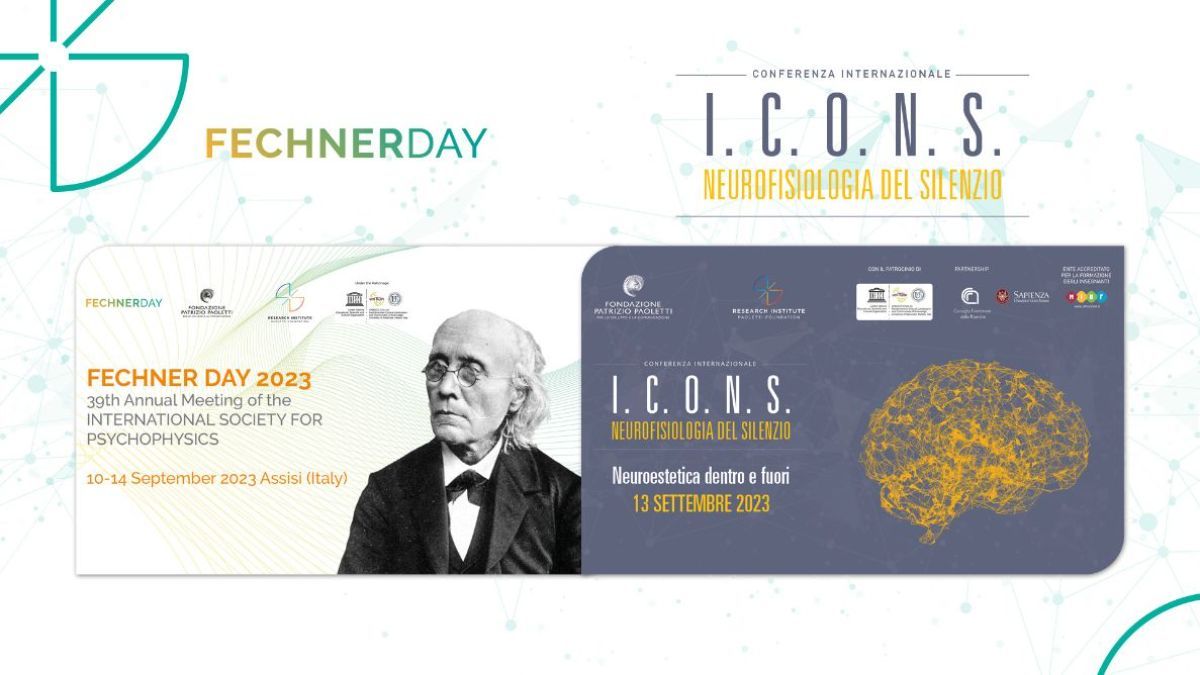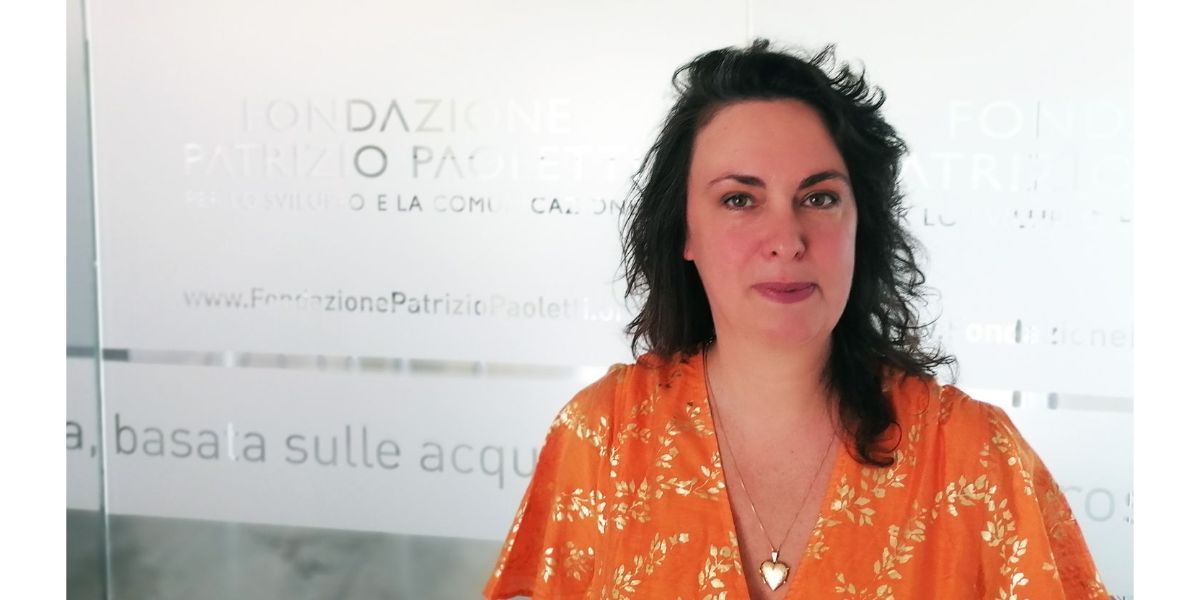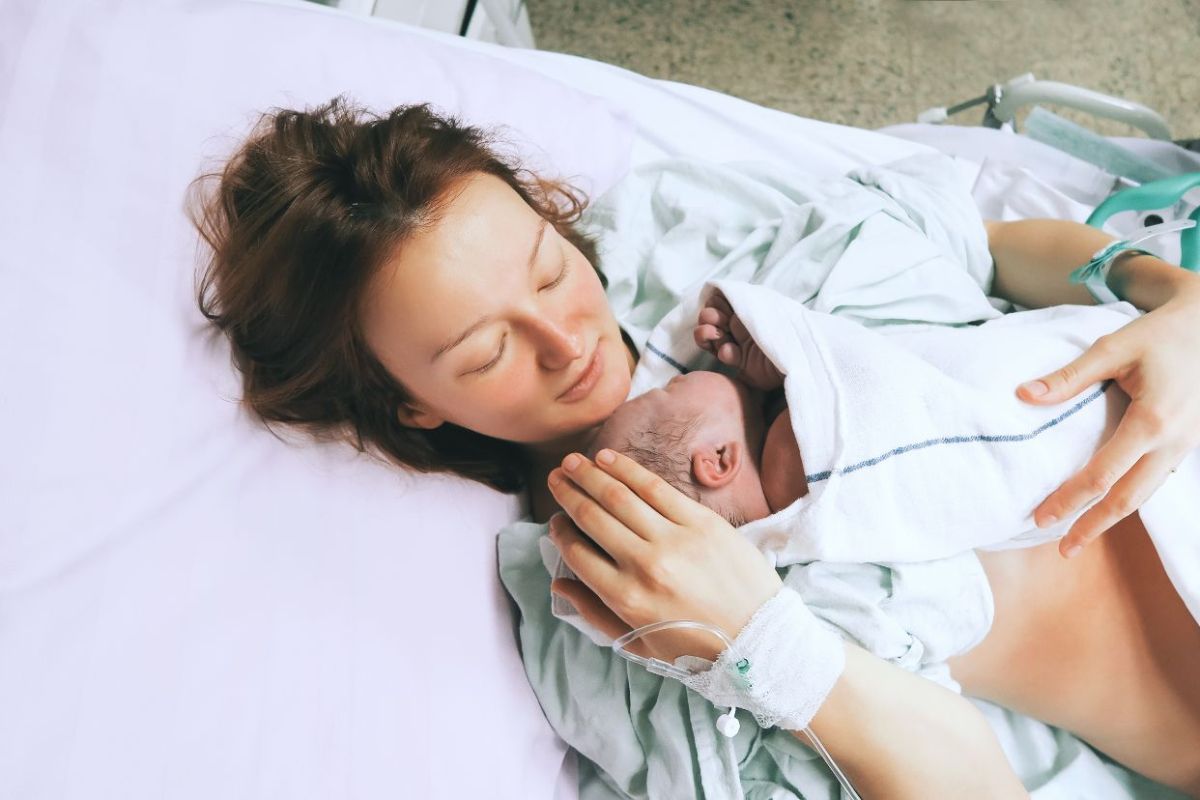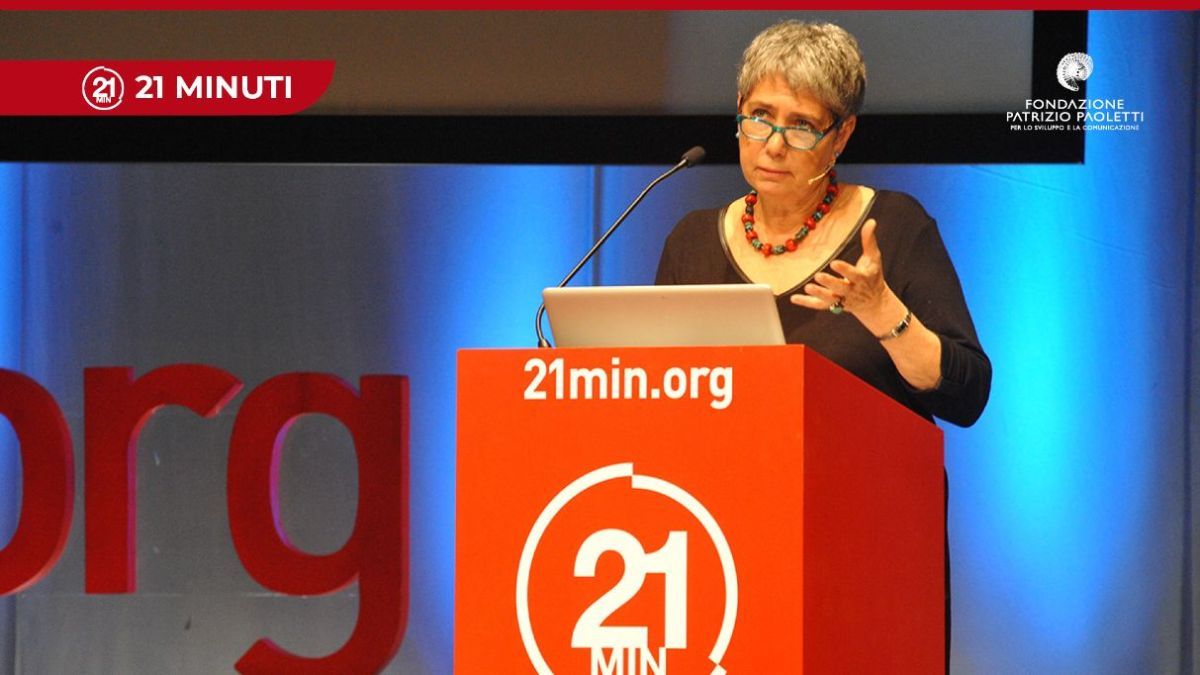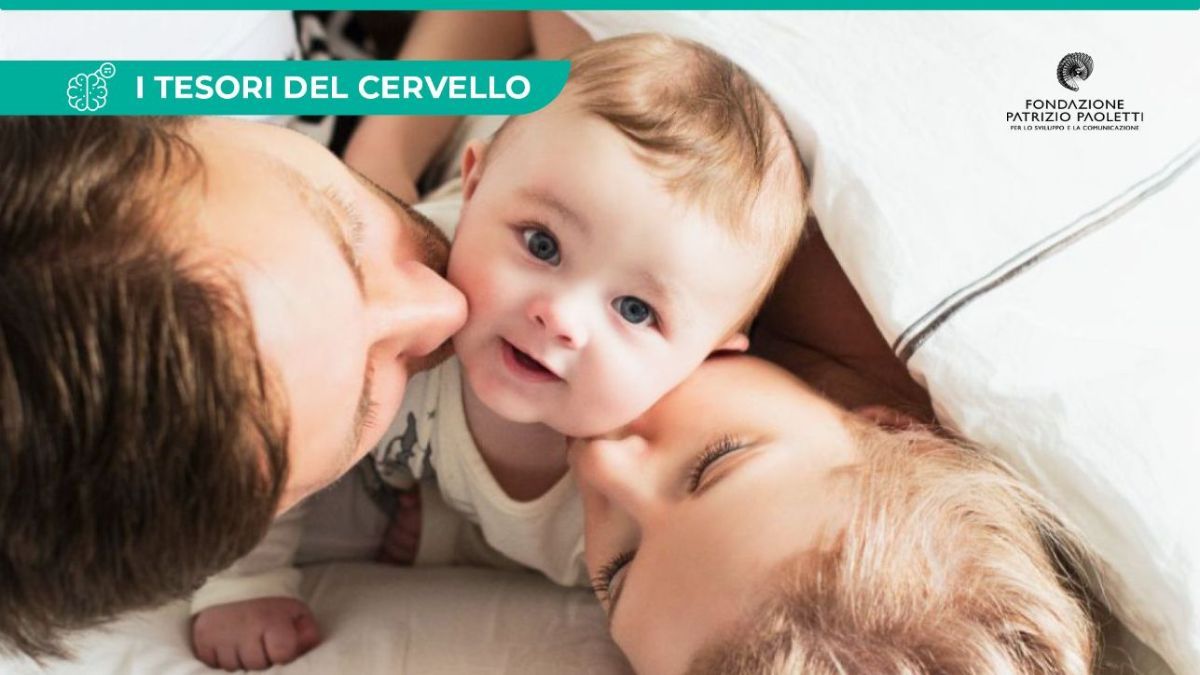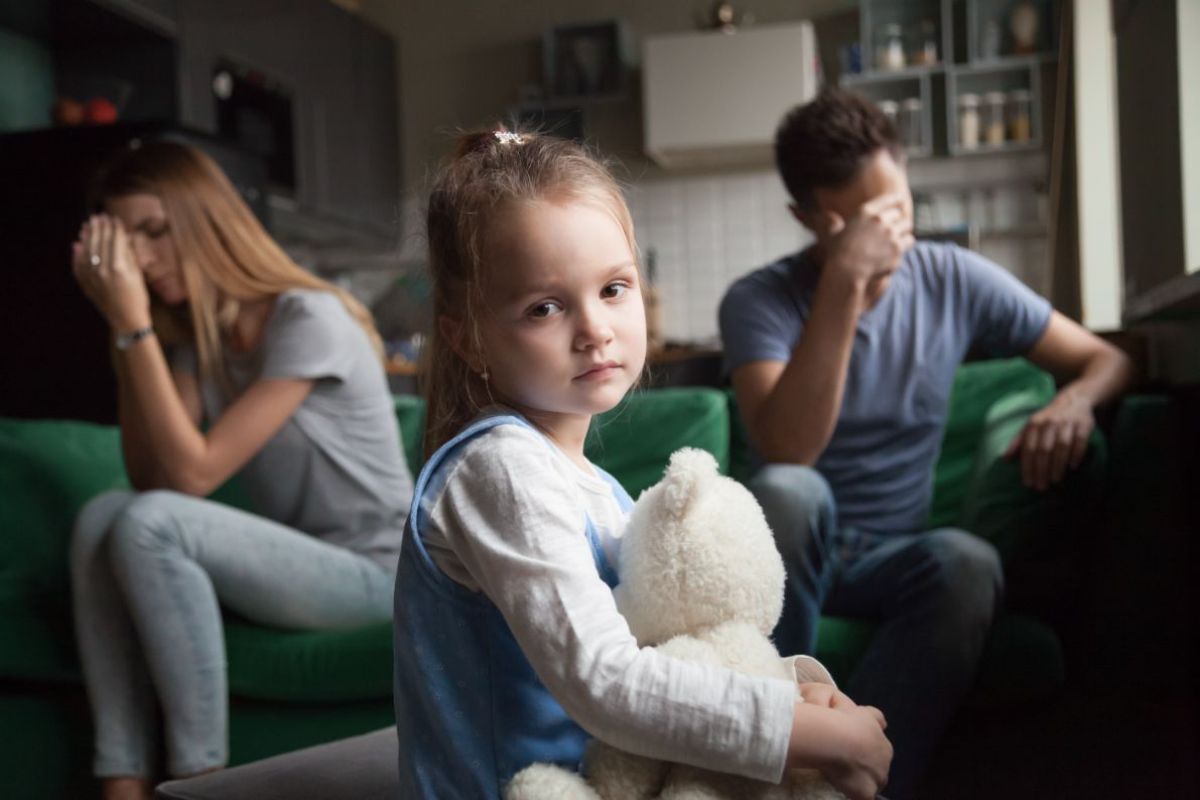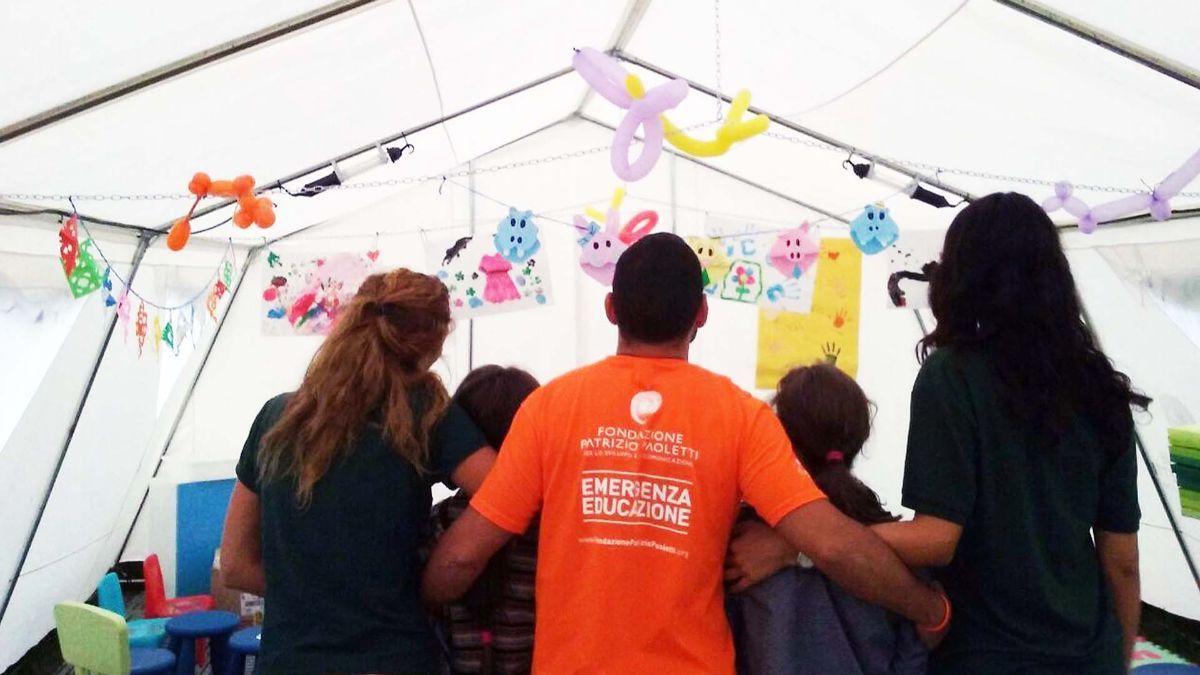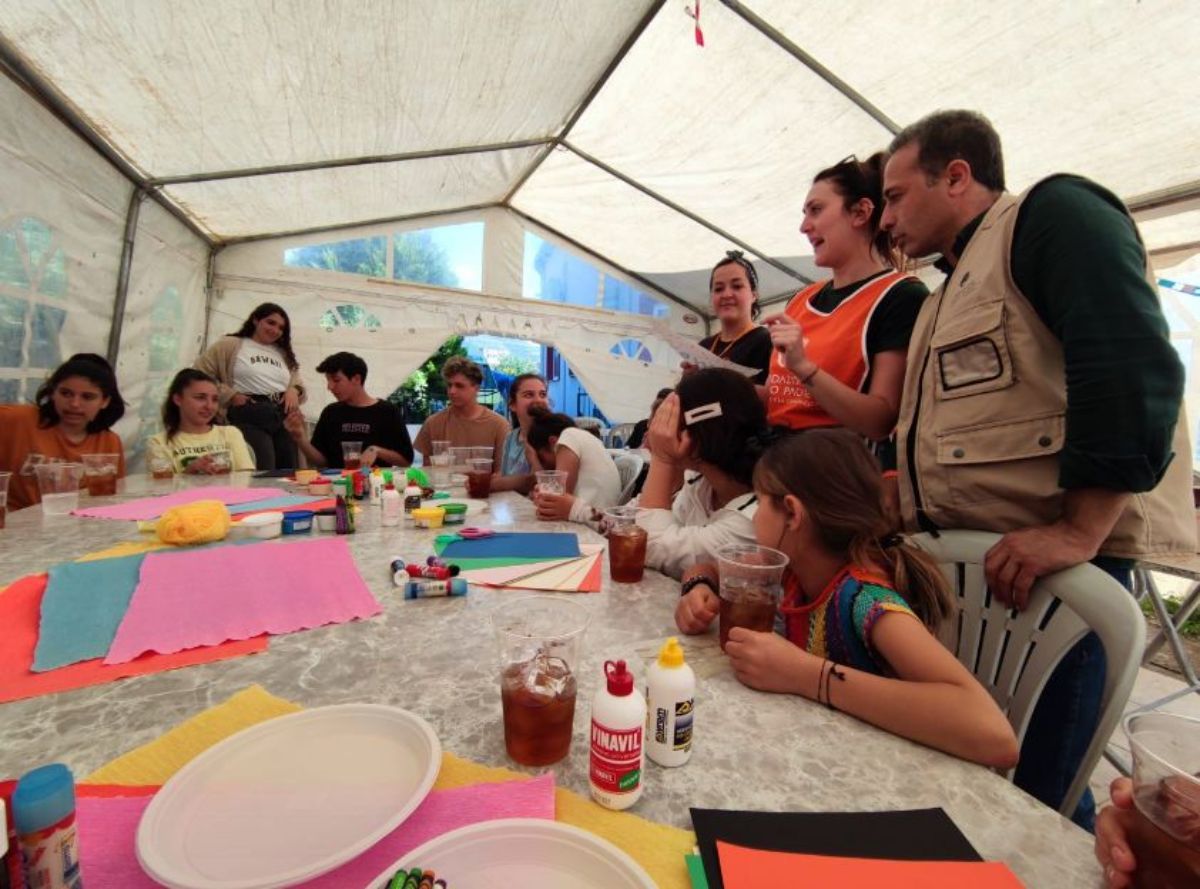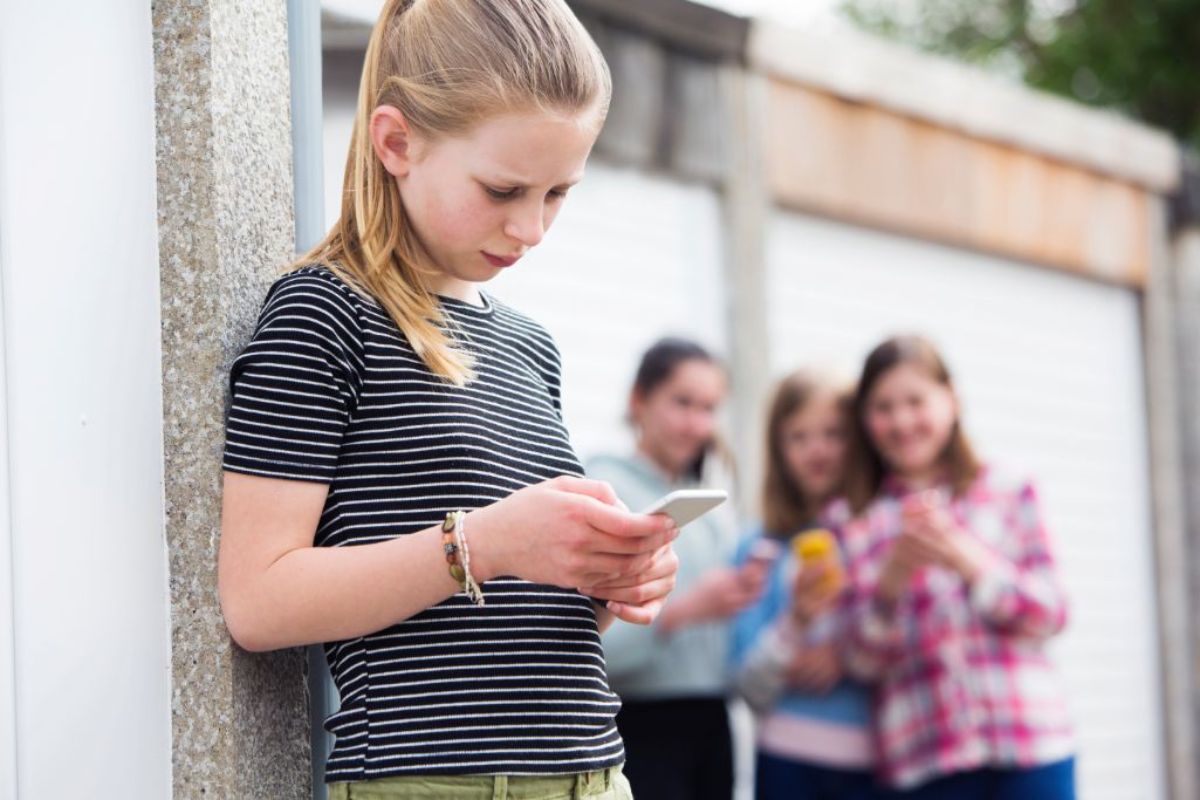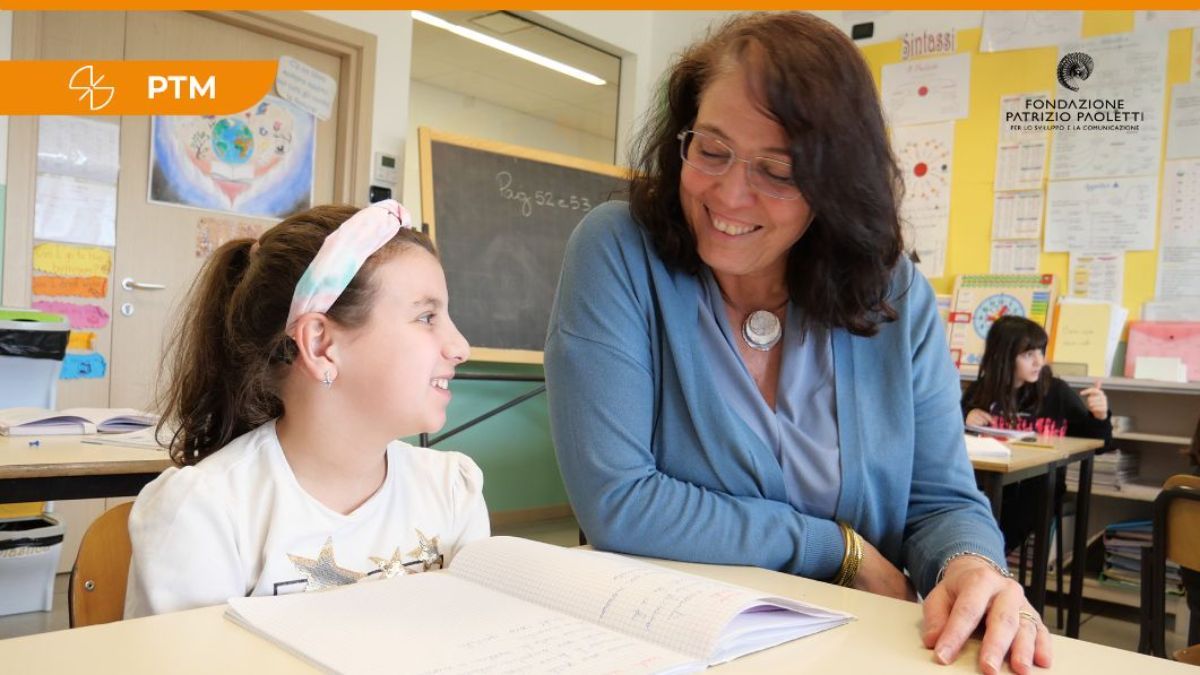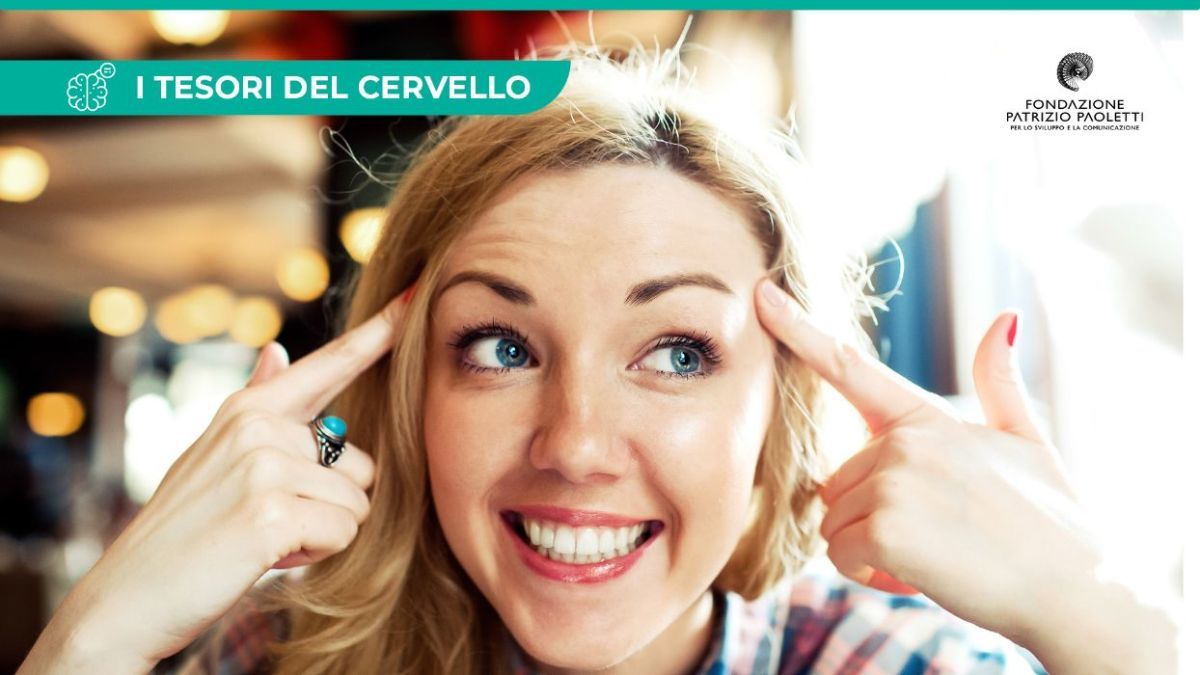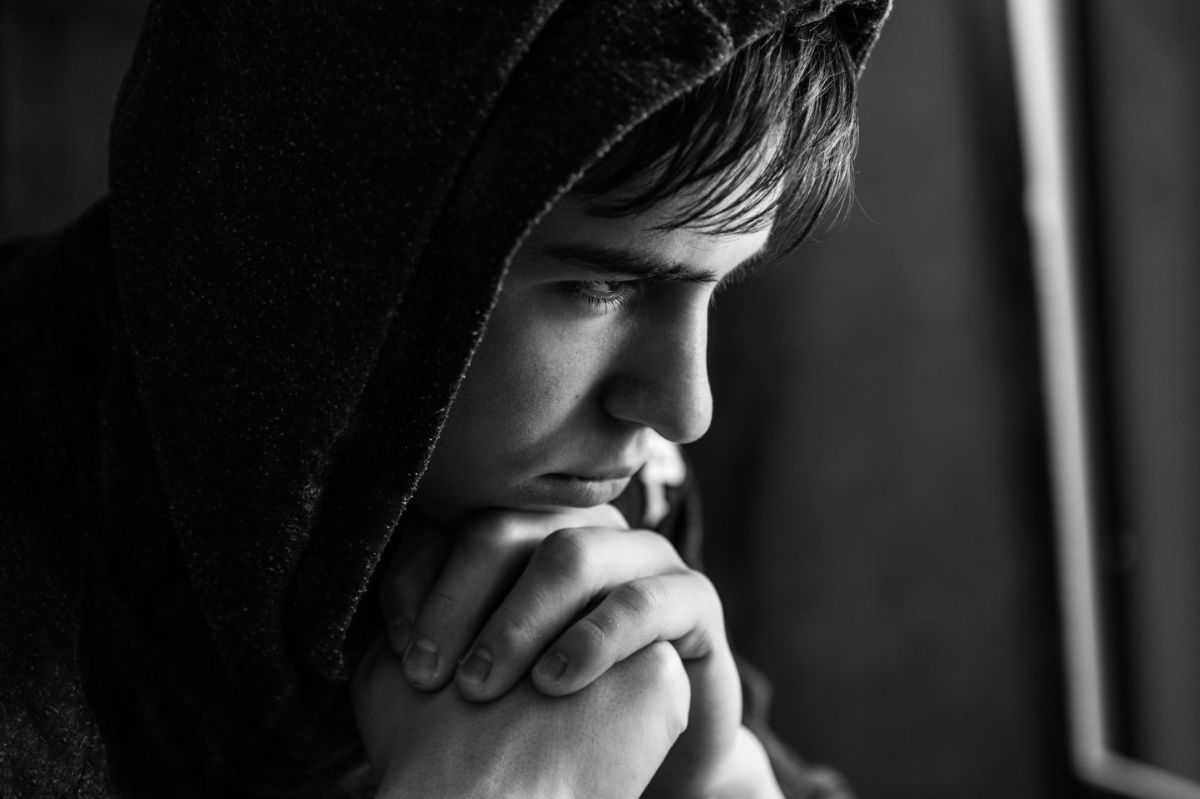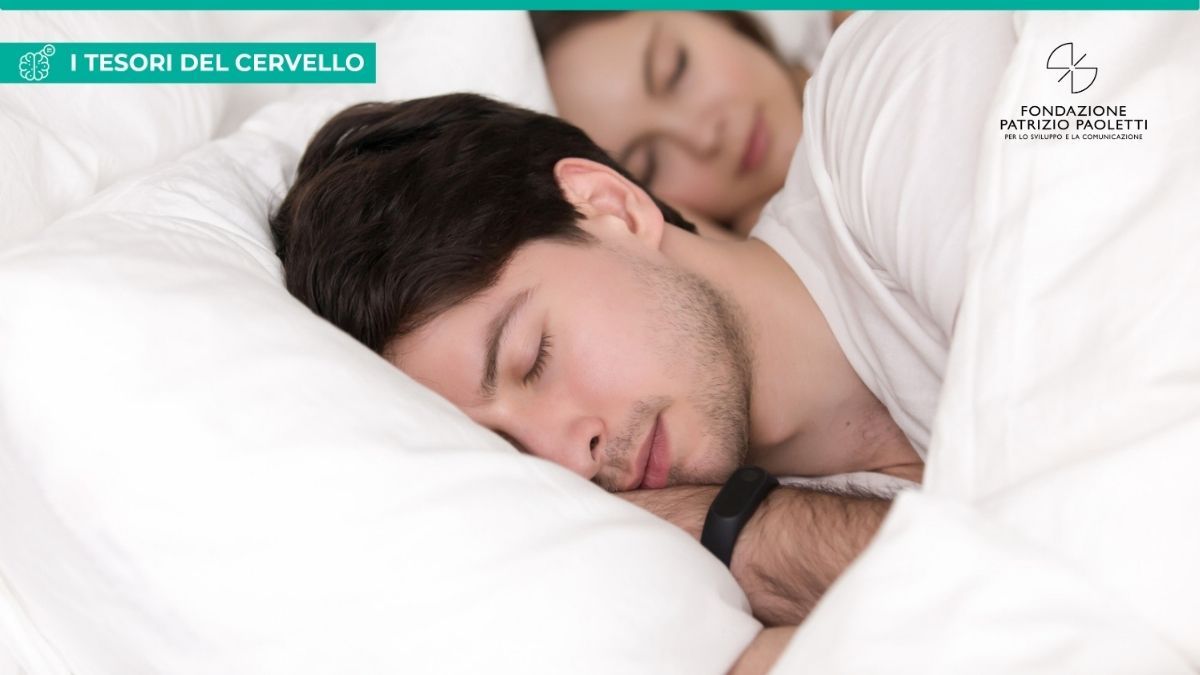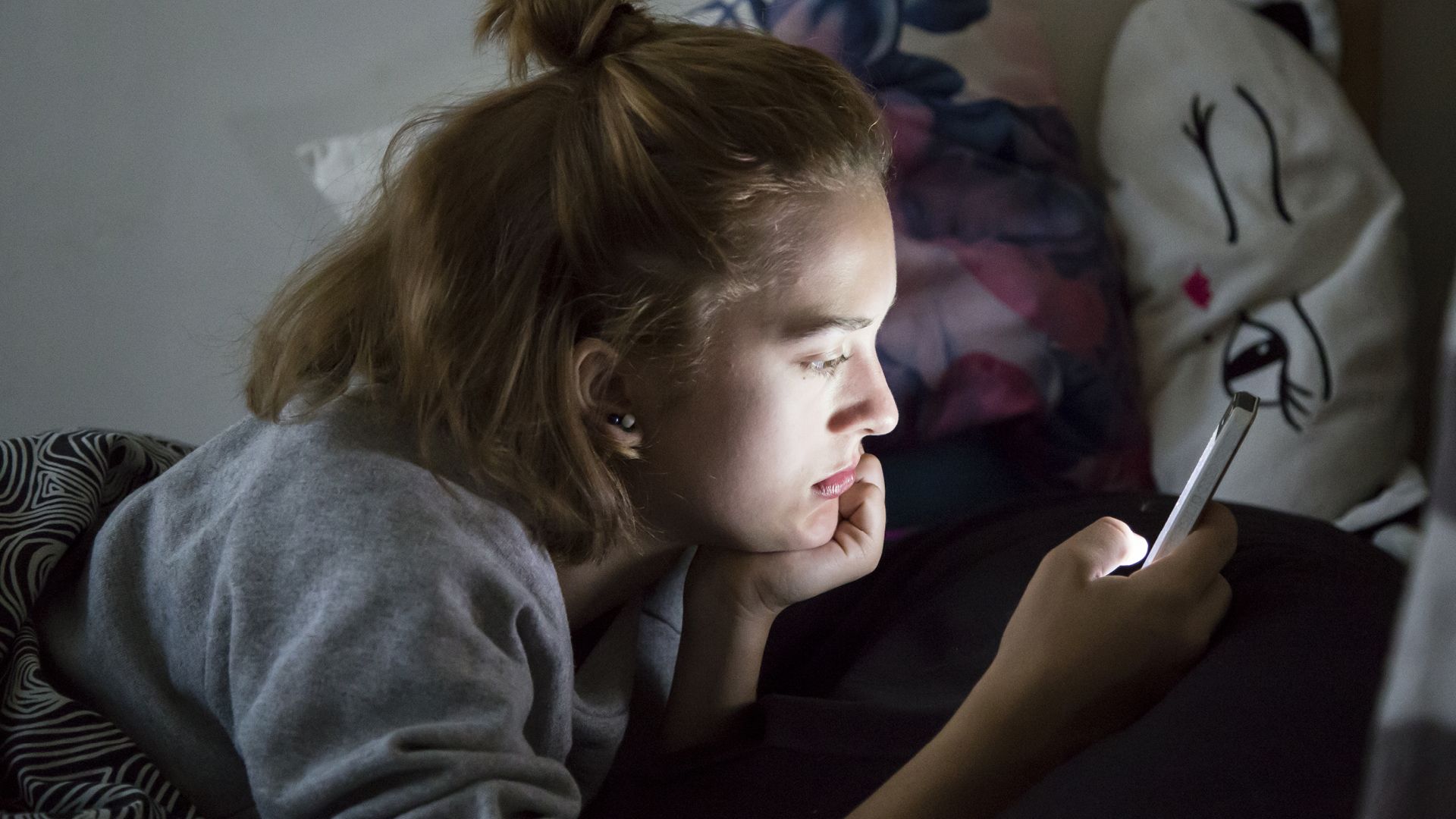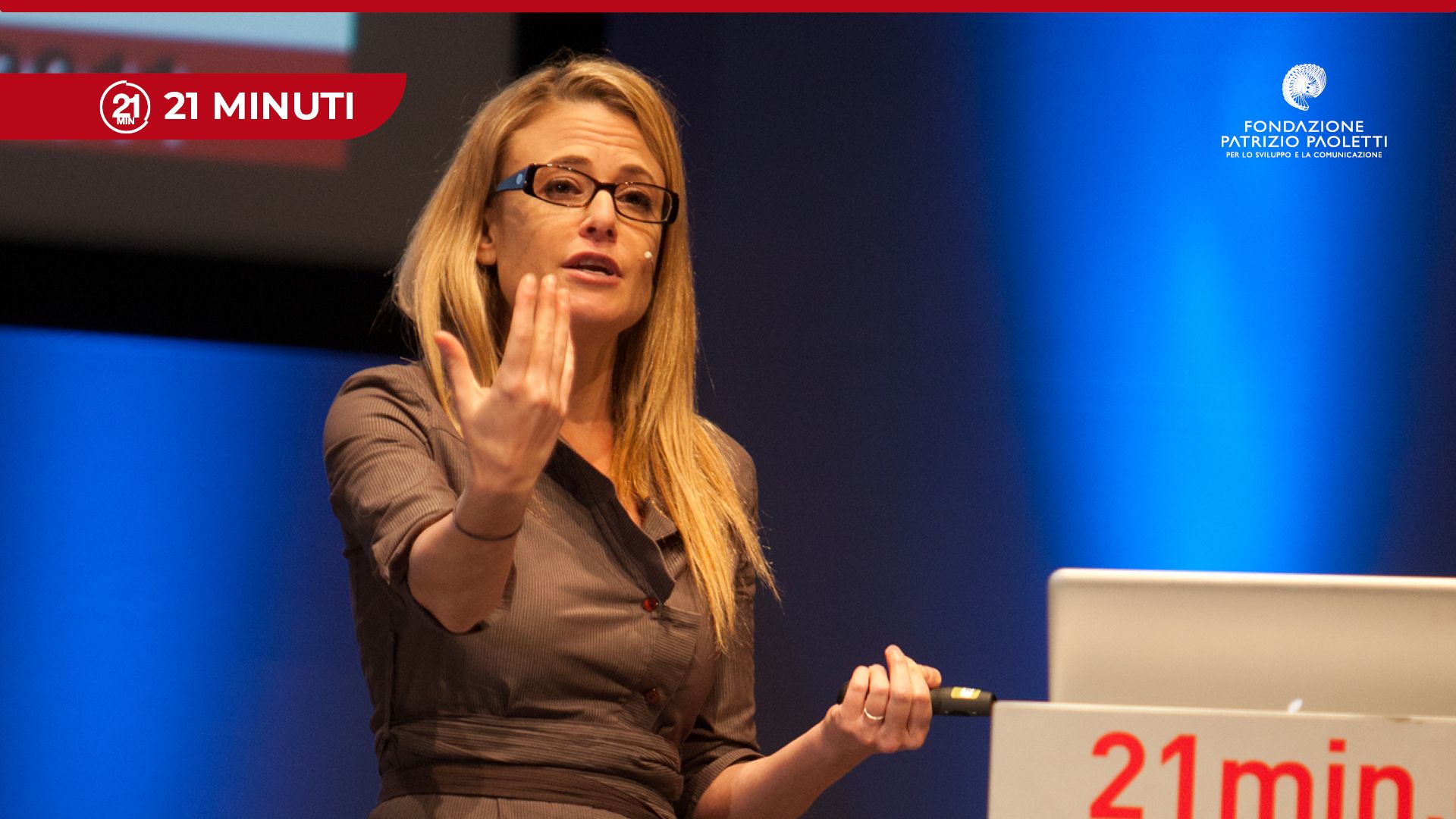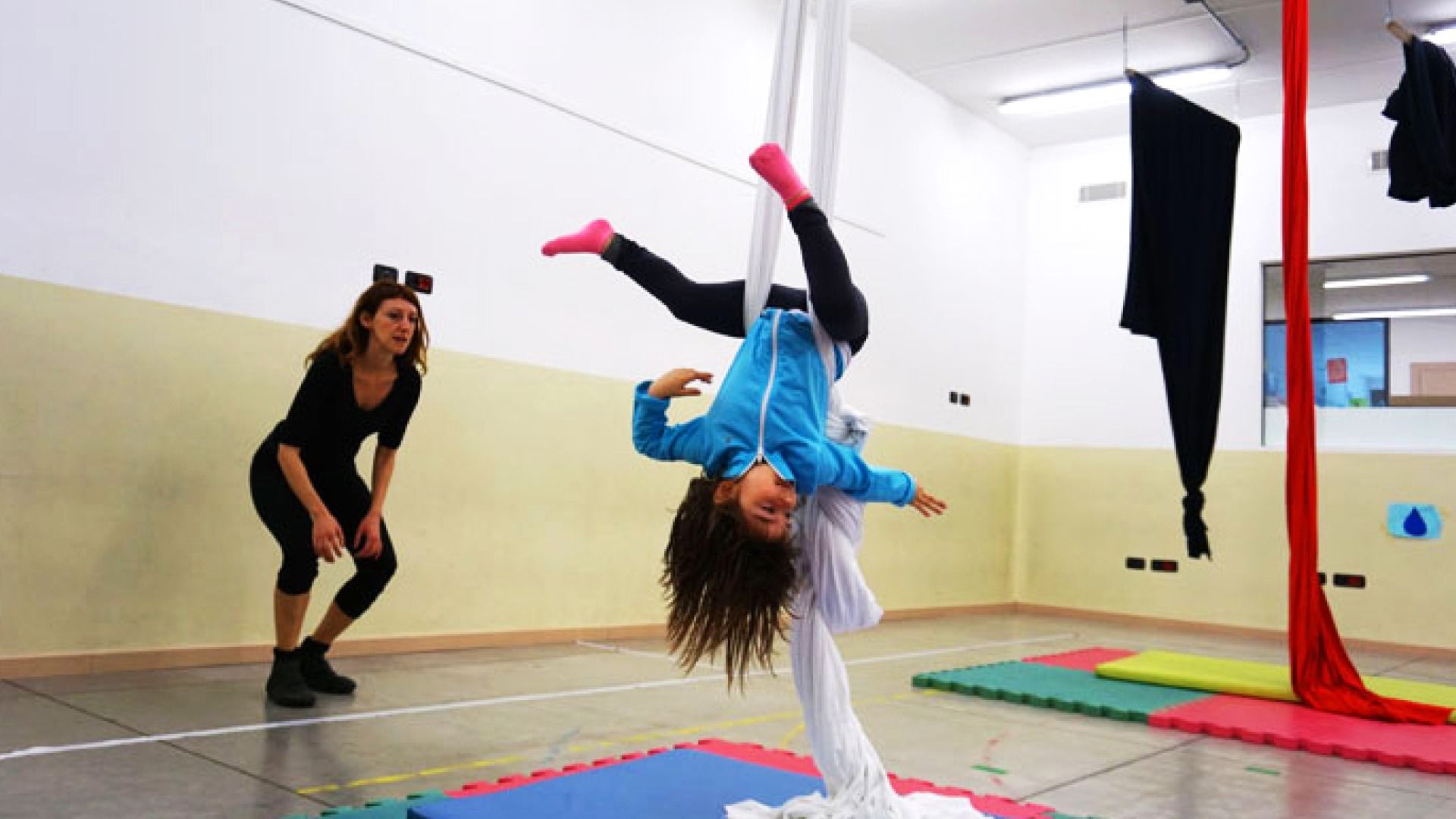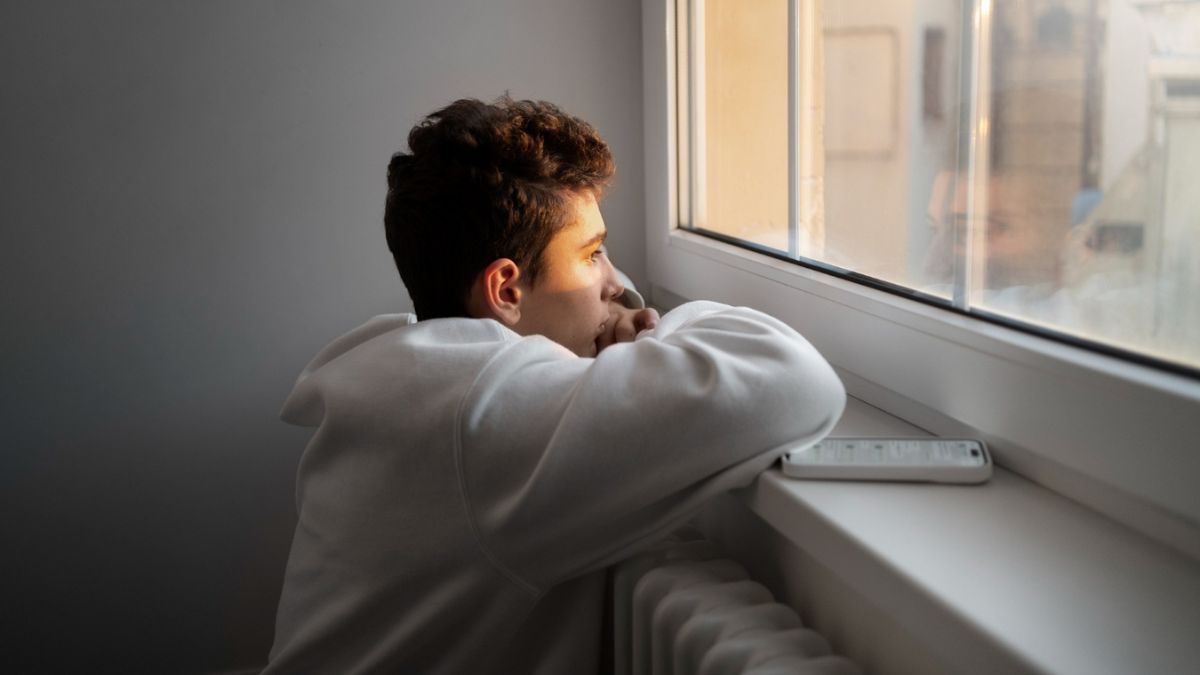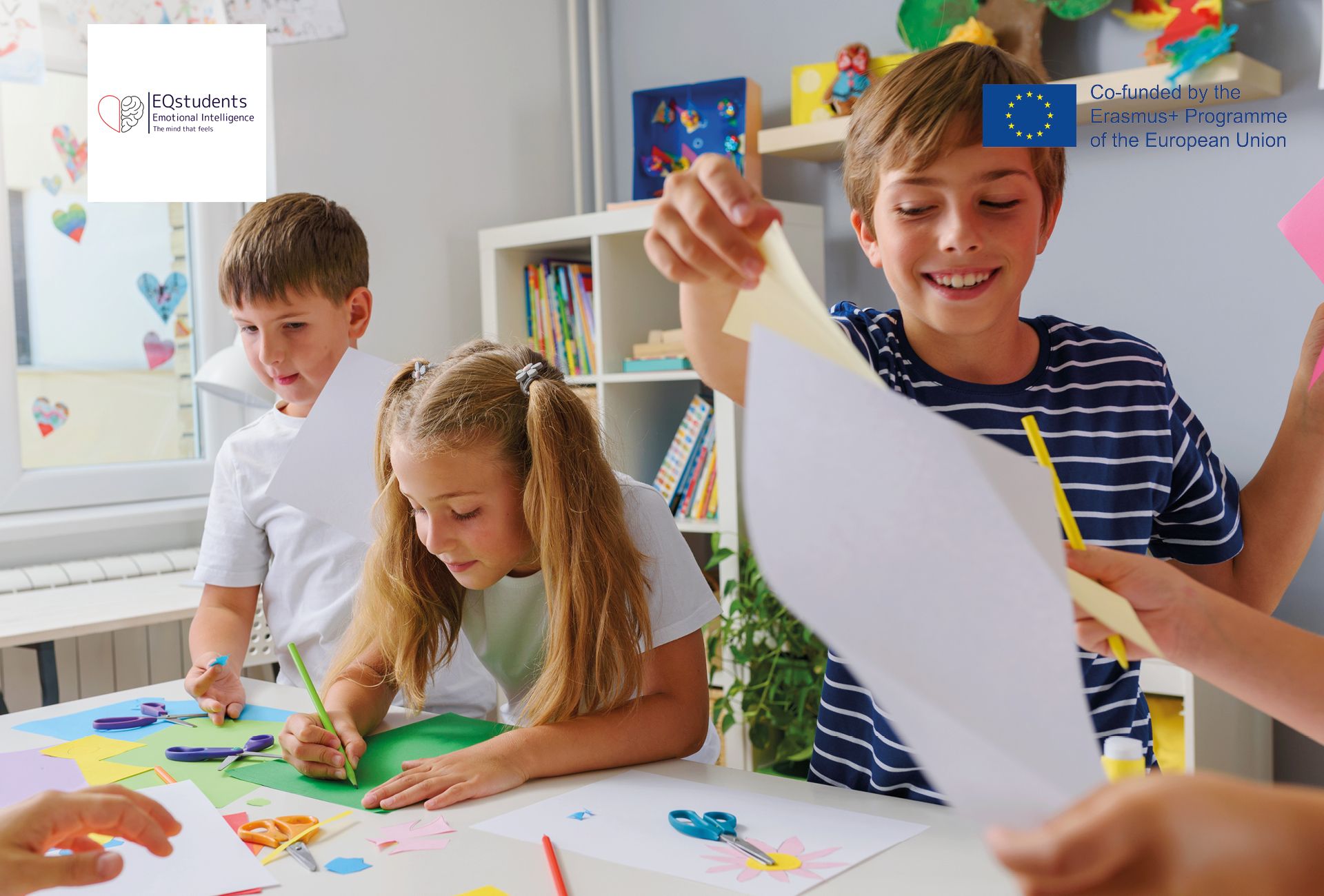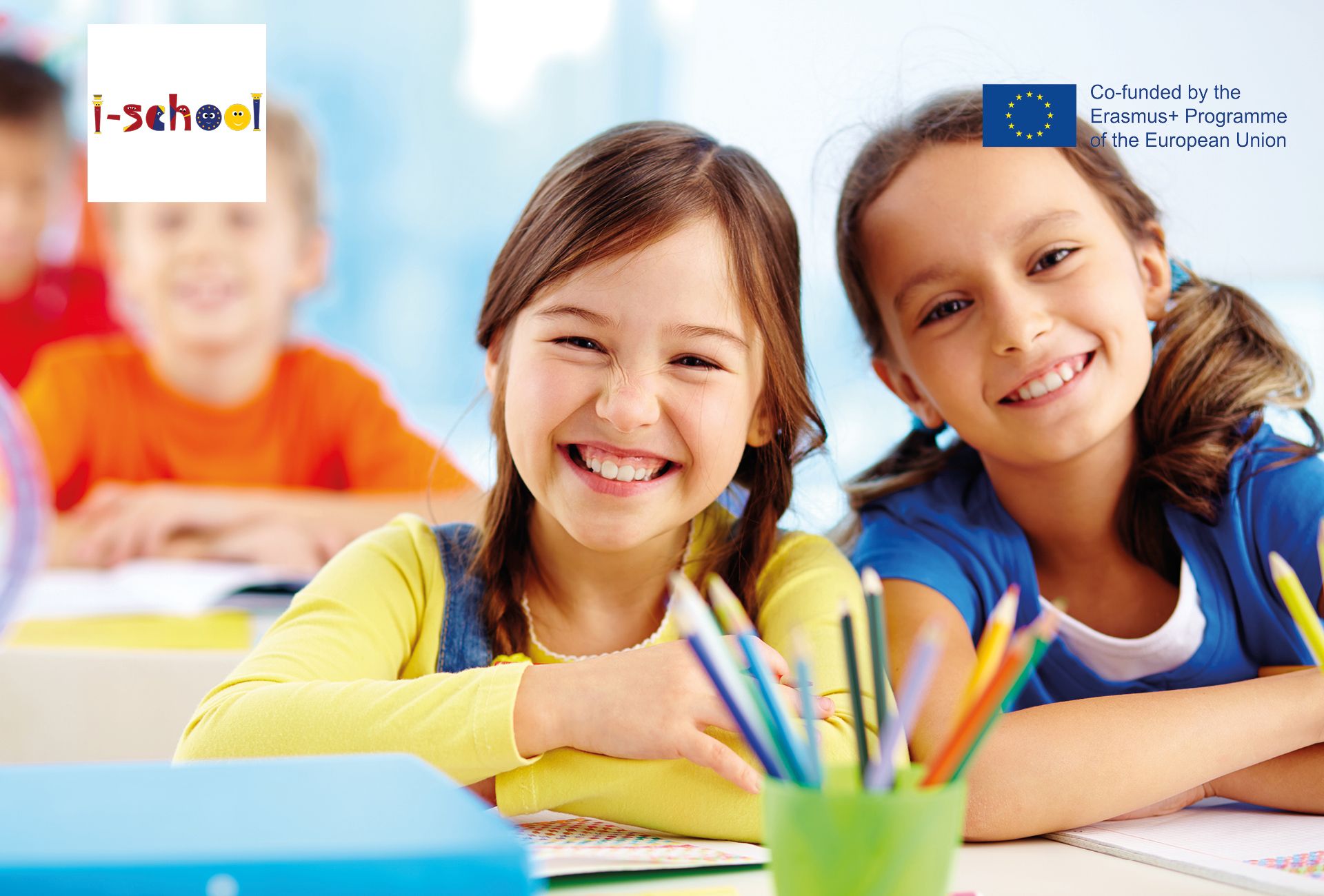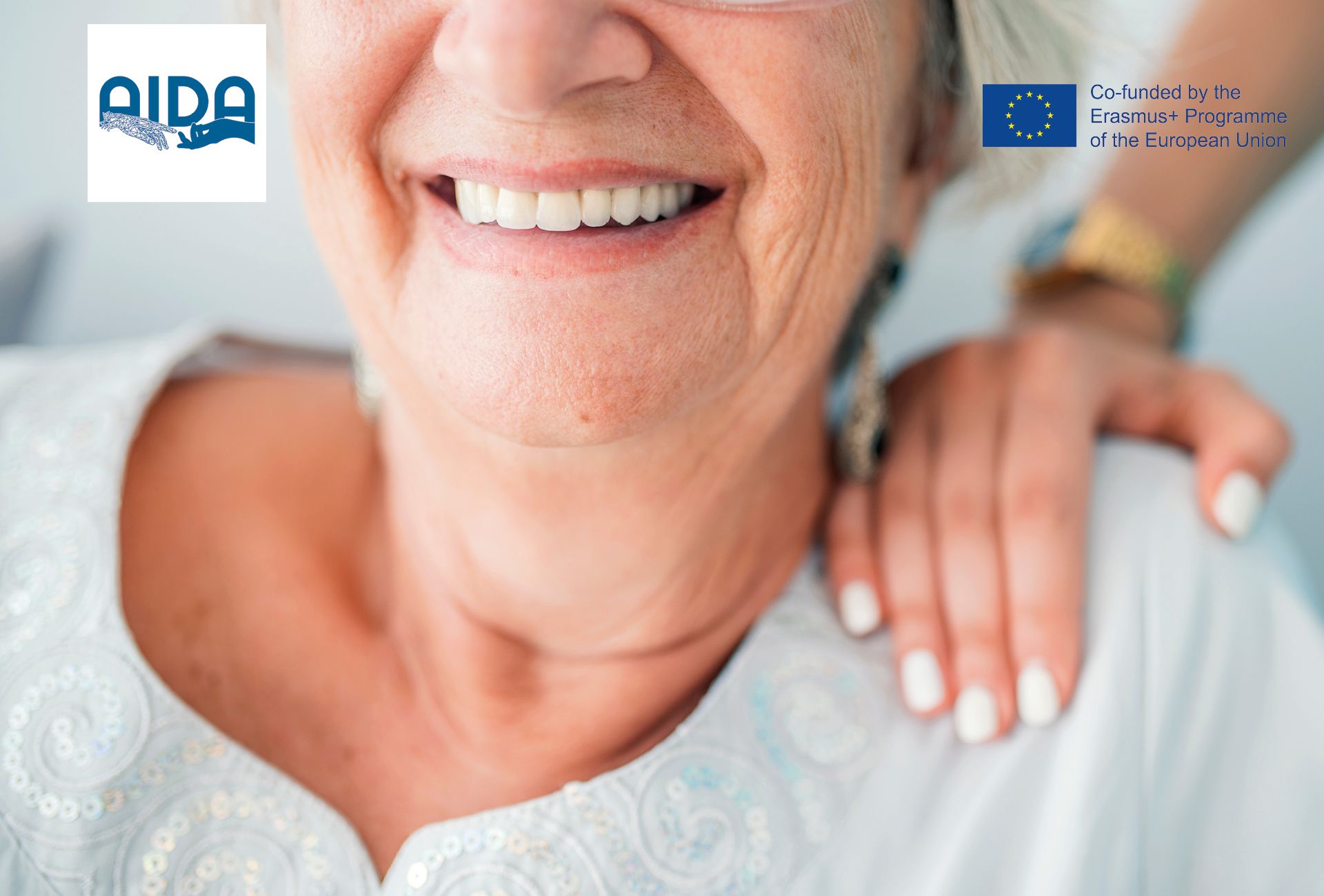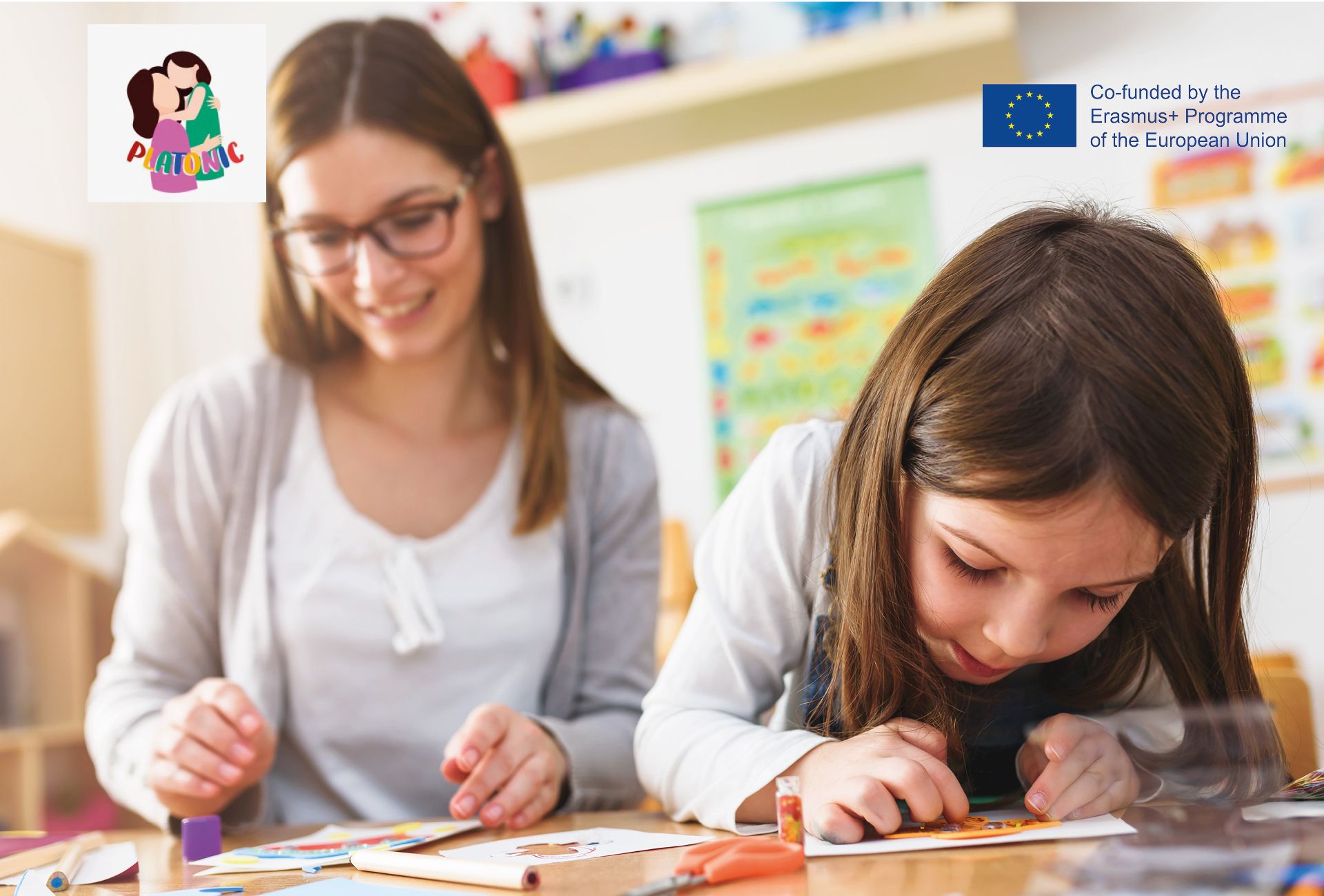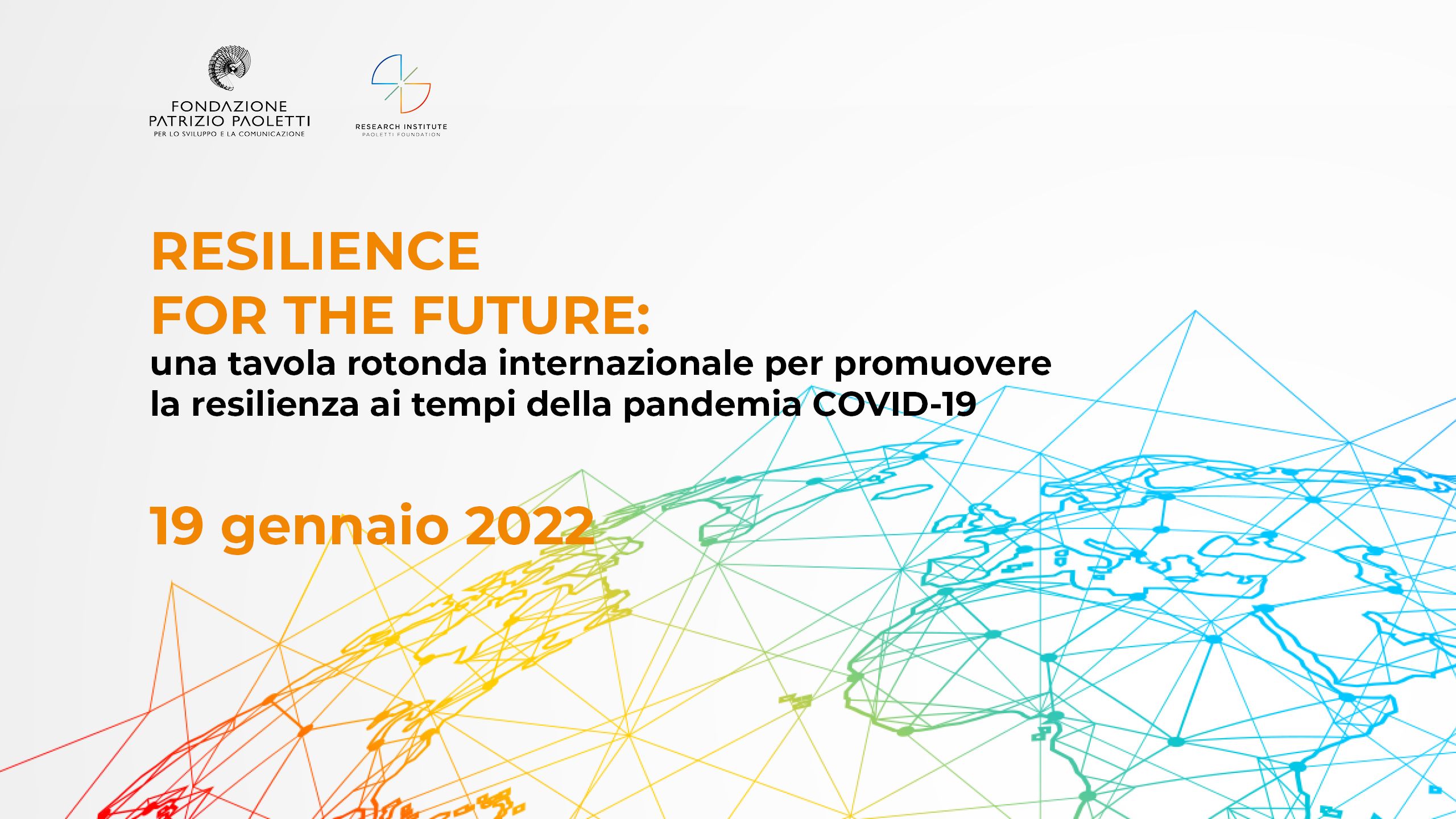Understanding the brain has been a complex and fascinating challenge for humans for centuries. Over time, it has been recognized as the seat of the rational part of the soul,...
Play and Brain Development
Since Neumann’s “Game Theory” was used in the 1940s to explain human behavior in fields such as economics, politics and biology, it has become increasingly clear that play...
“To grow together”: the Patrizio Paoletti Foundation campaign
The lack of emotional skills at the social level is a phenomenon increasingly detailed by research, often cited today as a hidden cause of serious issues. It is believed to be...
Silence is health: Patrizio Paoletti Foundation at Sapienza University
Silence is golden, even for health. Current scientific research is confirming that silence can become a protective factor for the mind and overall body health, especially when...
The psychosocial well-being of adolescents
Adolescence, or the phase of passage from childhood to adult life, is a special and delicate period. It is a priority to ensure the psychosocial well-being of young people. To...
Risks and extraordinary potentials of the adolescent brain. Interview with Tania Di Giuseppe, psychotherapist and head of psycho-pedagogical research
What happens in the brains of adolescents and what is the latest from the psycho-pedagogical research and projects of Patrizio Paoletti Foundation? We find out in this interview...
Education based on neuroscience to realize our potential: interview with Elena Perolfi, head of training projects
In this interview with Elena Perolfi, head of the Foundation’s educational and training projects, we find out how a child’s brain grows amid neurodevelopment,...
Paoletti Foundation organizes a two-fold event on the brain mechanisms that regulate our lives: silence and psychophysics, ICONS and the Fechner Day
On the morning of October 22, 1850, psychologist and statistician Gustav Theodor Fechner, while in his bed recovering from an eye injury, had an insight that is considered the...
Interview with Tal D. Ben-Soussan, director of RINED: neuroscientific research as a guide to psychophysical well-being
The Research Institute in Neuroscience, Education and Didactics (RINED) is part of the Patrizio Paoletti Foundation (FPP), an Italian foundation registered in the National...
The Global Day of Parents brings denatality in Italy to the fore
For the Global Day of Parents set for 1 June 2023 by the United Nations, the Patrizio Paoletti Foundation, which is dedicated to research and training for the wellbeing of...
“It is necessary to improve parental knowledge and skills on a permanent basis”: words of Maria Herczog, international child welfare expert at 21 Minutes
Maria Herczog, an economist and sociologist, has dedicated her entire life to child protection, working with the European Council, UNICEF, chairing the EuroChild network and...
Becoming parents: the brain’s second life
It is a common experience and often reported by fathers and mothers that the arrival of a new born child starts a new and completely different life. This transformational...
Being good parents even when you are no longer a couple
In 2020, the National Association of Italian Divorce Lawyers recorded a boom in separations as an effect of the pandemic and forced cohabitation, an increase of 60 per cent...
“Prefigure the Future” in earthquake-affected areas: a community-based neuropsycho-pedagogical intervention to support the people of Central Italy
In 2016 and 2017, Marche and Umbria faced the devastating impact of the earthquakes Amatrice-Norcia-Visso that caused 303 deaths, 388 wounded and 40,000 dispersed. Dealing with...
“I know I can help you”. The educational challenge after the earthquake in Turkey-Syria
In the weeks following the earthquake catastrophe in Turkey, the Patrizio Paoletti Foundation released, “10 steps to cope with the effects of the earthquake”, a guide for...
Adolescence, social media and self-esteem
Mir spasët krasotà: beauty will save the world. Mir means ‘peace’ and not only ‘world’ in Russian. More than 150 years ago, and well before the advent of...
Self-esteem is learned with the law of a hundred steps of mediation
Parents and teachers often ask themselves how they can help their children and students develop self-esteem. At AIS – Assisi International School, the Patrizio Paoletti...
The neuroscience of self-esteem: 5 research-based tips for valuing ourselves
Although self-esteem is widely studied in the behavioral sciences, its neuroanatomical basis is still largely unknown. For example, reduced self-esteem has been associated with...
Are we experienceing a global self-esteem crisis? Self-esteem education as a possible response to the mental health emergency in adolescence
There are many factors that seem to point to a severe self-esteem crisis among adolescents, from the boom in cosmetic surgery, to the increase in anxiety and depression, and the...
The gift of sleep: helping the brain protect our mental well-being while we sleep.
Sleep is a crucial biological process and has long been recognized as a determining factor in human health and performance. Although not all sleep functions are fully...
The new technostress and “old” addictions: be educated and educate to manage mental health risks.
Different kinds of addictions are significant mental health risk factors and education can make a big difference in our ability to manage them.
At 21 Minutes – Tali Sharot’s research on brain optimism : benefits and risks for mental health
One of the most important insights produced by neuroscience in recent years is undoubtedly the discovery of how much the ability to imagine characterizes us as a species and the...
Let’s move! Movement as an integral part of learning from Montessori to AIS… and some advice for parents and educators
As in many other areas, with regards to the cognitive function of movement, Maria Montessori was a great precursor. The great pedagogist teaches us that from the moment children...
Educate the inner world and be healthy consciously
April 7 marked the 75th World Health Day with the motto Health For All! The day, announced by the World Health Organization, is an opportunity to reflect on the progress made...
“EQ Students” is here, the project that studies new models to develop emotional intelligence in children and young people
The foundation is the Italian partner of “EQ Students”, a unique project that resolves to develop, test and implement a complete system to support the development of emotional...
The new Erasmus Plus “i-School” project is officially starting, to promote cultural heritage in school
The i-SCHOOL project contributes to recognizing the social and educational value of the European cultural heritage. Its main objective is to promote knowledge and increase...
The Foundation is the Italian partner of AIDA, the project that studies new models for the social inclusion of Alzheimer patients
May 5th and 6th the Patrizio Paoletti Foundation in Rome hosted the kick-off meeting of the AIDA project, with collaborating, European organizations from Denmark, Greece,...
The new Erasmus Plus “Platonic” is here. The project to counteract developmental delays in children from 0-6 years of age begins
The PLATONIC project springs from the need to create tools to identify developmental delays in children early on. Professionals from the field of psychology, medicine, science...
The Patrizio Paoletti Foundation at the Paris Conference on Education (PCE)
The Patrizio Paoletti Foundation participated with a scientific speech on resilience at the Paris Conference on Education (PCE). The conference was held in-person and online in...
RESILIENCE FOR THE FUTURE: WATCH THE VIDEO OF THE ROUND TABLE
The Patrizio Paoletti Foundation, through its Institute of Research for Neuroscience, Education and Didactics (RINED), has organized the event “RESILIENCE FOR THE FUTURE: an...
